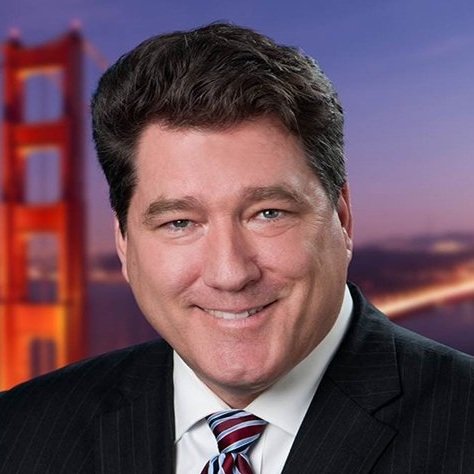
S1E50 - Sean Walsh - We Must Do Better
We met with Sean Walsh, premier political analysts and former advisor to Presidents George H.W. Bush and Ronald Regan, to glean his perspectives on the GOP, its future, pressing political issues, and what is unfolding in the run up to the 2024 elections. A classical conservative and a leading thinker, Walsh shined piercing light on the challenges for both parties and the country as a whole. Geopolitically he views the U.S. as very vulnerable. He sounded a clarion call for taking a sober look in the mirror. We should be preparing for an emboldened China, and tackling the collapse of manufacturing, its workforce, and its supply chains. The American Dream appears to have changed, and seemingly not for the better. Mourning the loss of serious discourse in an age of soundbites and the rise of government and prosecutorial overreach, Walsh sees that we have much catching up to do to become commercially and militarily competitive again. Irrespective of your politics, we think you’ll find that our conversation was the “serious discourse” of which we need more. Join us.
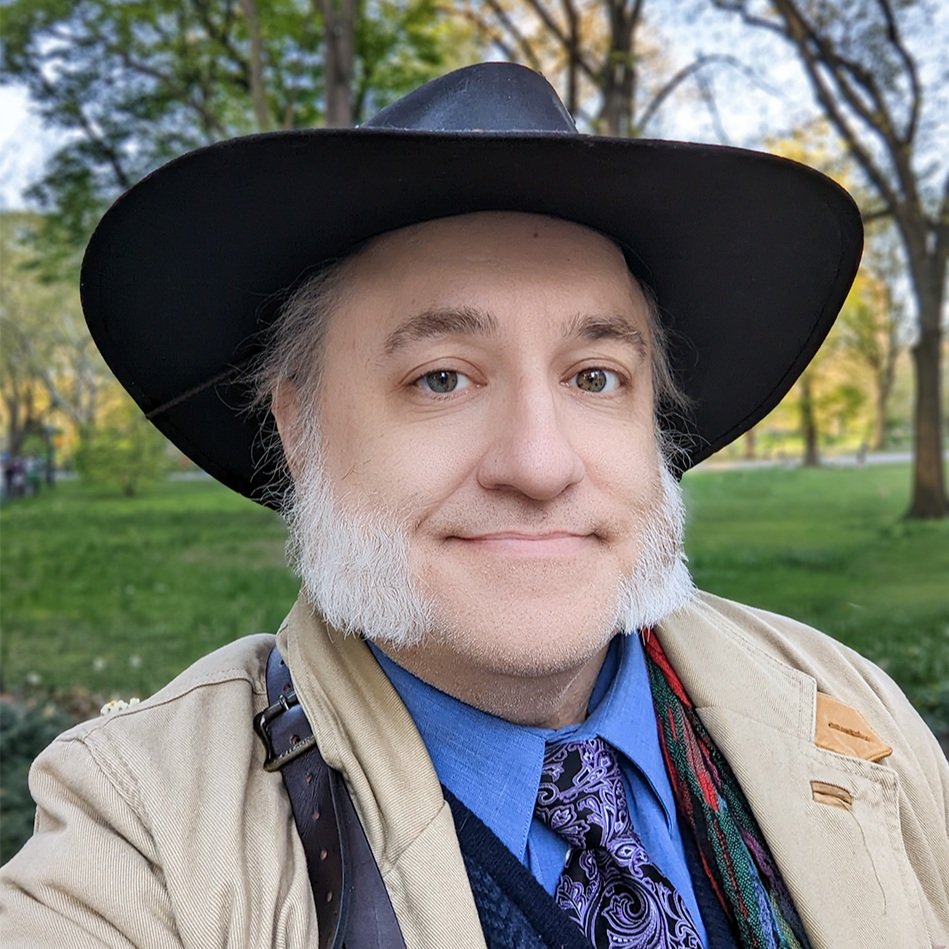
S1E49 - Andy Ihnatko - The Balance of Technology
We met with tech journalist and commentator Andy Ihnatko for a big picture assessment on technology’s influence on society. Ihnatko is riveted by this moment — when the precedents of our society’s origins and founding documents failed to envision the questions and ethical quandaries posed by Artificial Intelligence. We must balance the opposing forces. Privacy, accuracy and data usage are challenged in unforeseen ways. We cannot deny that more work will be done better as AI gets layered into the existing tools that we already use to further boost our productivity and creative expression. Regulation too soon can crush new industries, but internal industry researchers who inform voluntary guidelines can be influenced or silenced. Giants like Apple, Google and Microsoft can bring an ever-improving experience to the consumer, but when do they cross the line and hurt the consumer through their market power? Kids can discover a vast world beyond their borders, but tech can also negatively impact their brain development. The Internet brings us more ways to live and work, but the Digital Divide and surveillance makes the powerless even more powerless. Ihnatko echoes a sentiment we often hear on Grey Matter, that we must practice deep interest and care for our fellow humans. Let us remain vigilant that we’re using tech to solve a problem or create an opportunity. Join us.

S1E48 - Tiffany Shlain - Lead Not by Fear
In troubling times, the voice of articulate optimists can lift the spirit and light a way forward. To this end, we met with feminist, movie maker, artist, thinker and founder of the Webby Awards, Tiffany Shlain. As one who made her own documentary film, “The Tribe,” on Barbie and Jewish Identity 18 years ago, we began with her reflections on the recently released Barbie movie. We transitioned into several of her creative projects, including Dendrofemonology, a Feminist History Tree Ring that recounts the “herstory” of women who initially enjoyed 10,000 years of power and goddess culture. The intersectionality of her activism seeks rights for all humans because, in the end, Shlain believes in humans and in our ability to find the good in an ever-changing world. Shlain recommends navigating this unfamiliar territory with science, collaboration and grace. Technology is an extension of us, and while it can be used for ill, its powers for good emerge from pushing past our fear and engaging with it. The Webby Awards highlight this positive dimension. Her inspiration comes from ideas that stand the test of time — like a day of rest. Already we find that kids are smarter, and discovering new ways to become themselves. Her next project on neurology will debunk many common metaphors about teenagers, who she sees as “emotionally brilliant.” We reassert that children are our legacy. In closing, we remember her father, Leonard Shlain, who encouraged us to think big and be present. Join us.

S1E47 - Alice Waters - Nourishing All
When we think of reconnecting to ourselves and to our society, the answers may lie in the simplest of things. To that end, we met with food revolutionary and founder of Chez Panisse - Alice Waters, to return to our roots. At the start of her journey, Waters embarked on an improbable quest to reconnect us to ourselves through delicious food and the organic and regenerative husbandry of the earth. Moving from her kitchen table, to the restaurant, to prison gardens, to gardens for the homeless and on to a national network of Edible Schoolyards, Waters found nourishment for our bodies, our spirit, our society and our planet. Listen in to hear how “we are what we eat” might make us the best we can be. Join us.
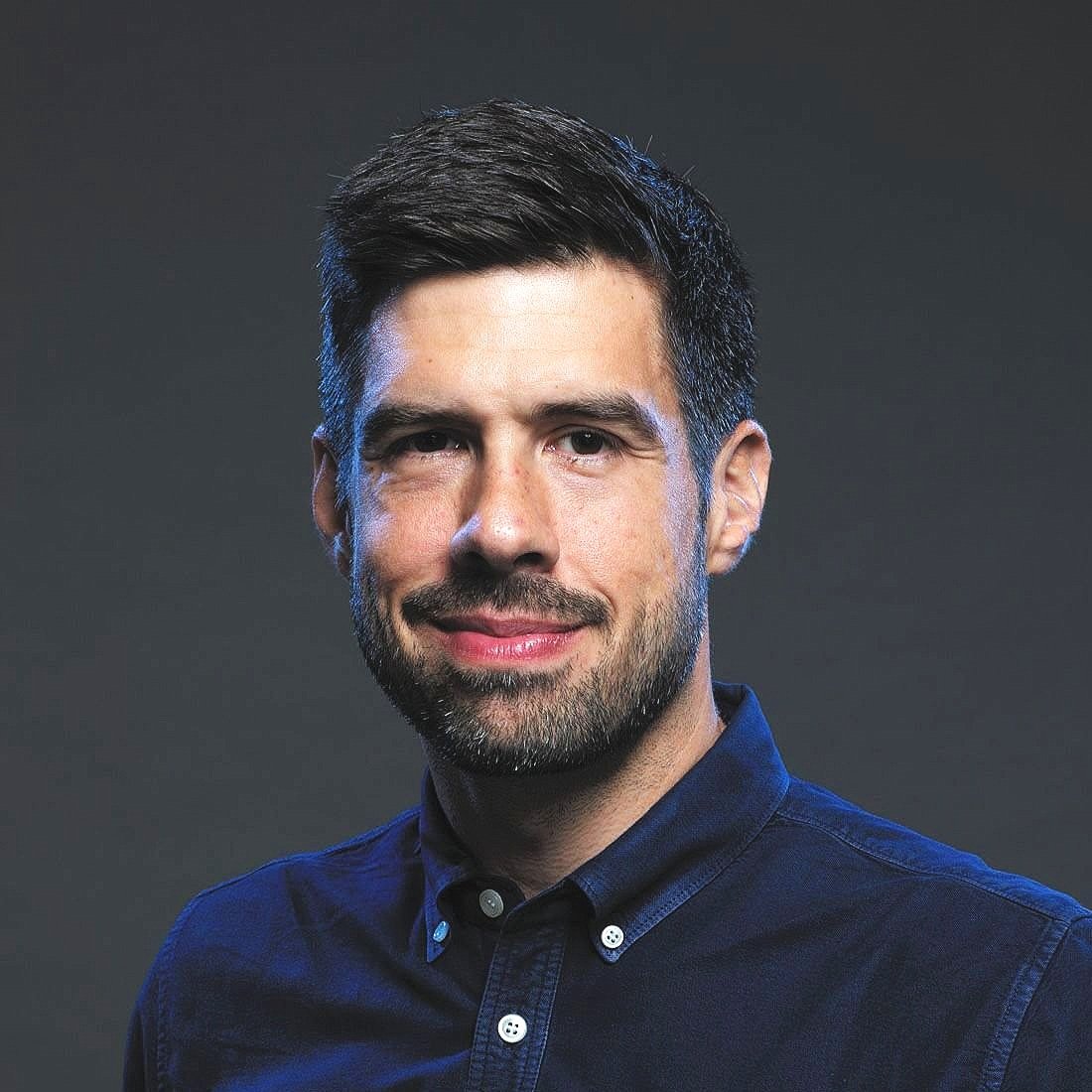
S1E46 - Jason Del Rey - Winner Sells All
The migration to eCommerce took a massive leap forward during the COVID pandemic. Few benefited as much as Amazon and Walmart. To get a handle on this phenomenon, we met with Jason Del Rey who chronicled the rise, challenges and impact of these two behemoths on global retail. Drawing from the reporting for his recent book, Winner Sells All: Amazon, Walmart and the Battle for our Wallets, Jason Del Rey is uniquely qualified to comment. Walmart is doing about as well online as Amazon is doing in brick and mortar retail, but these two titans are in pitched, existential competition. On the one hand, the consumer gets greater choice at lower prices. On the other, mom and pops across the country have shuttered and both giants get low marks for their labor practices. How did they get here? What are their struggles and opportunities? What are the implications for us all? Join us.
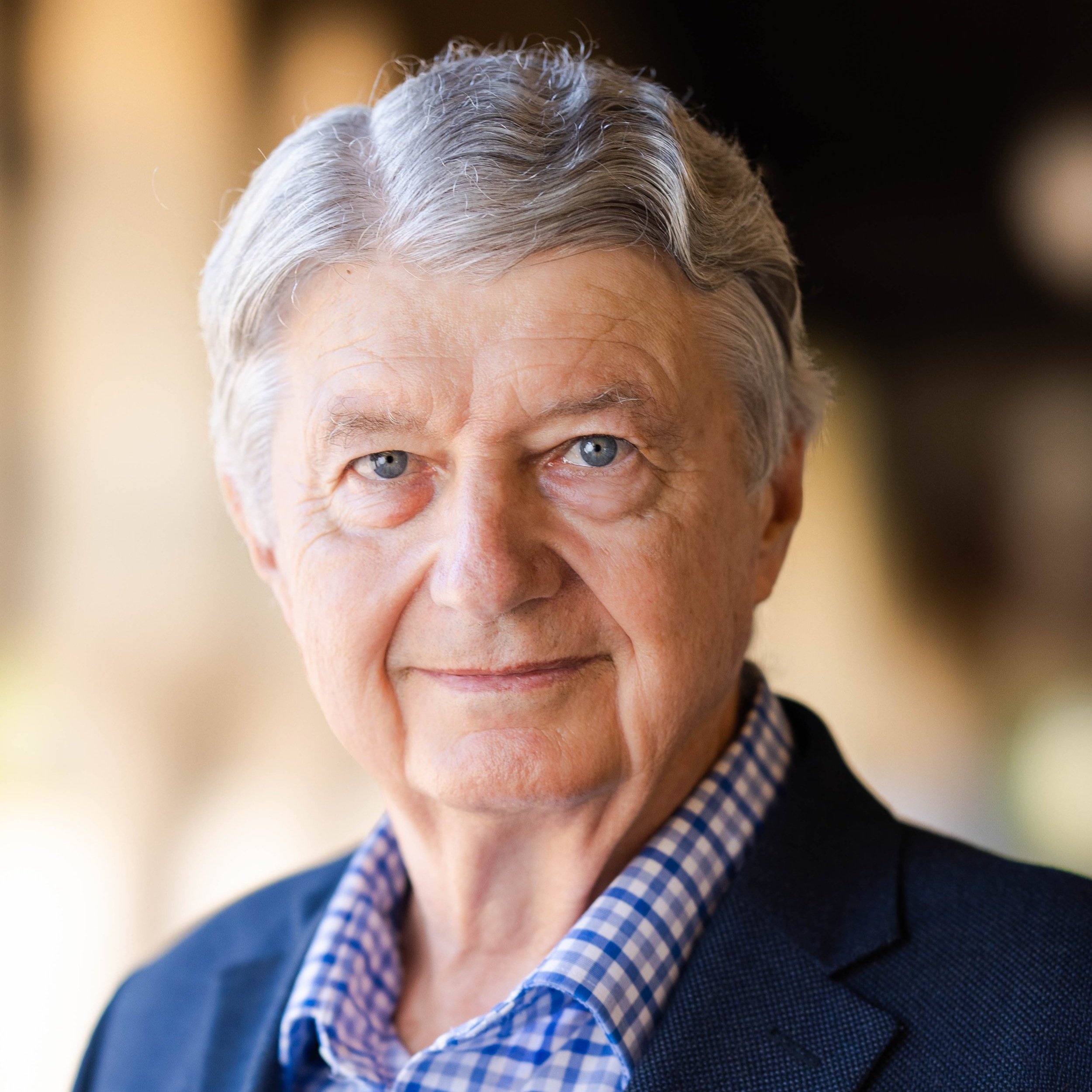
S1E45 - Bruce Cain - Back to Compromise
At the time of our recording, Trump had just received his third indictment for his role in the January 6th insurrection. To give us some greater perspective on the state of politics in our fragile democracy, we turned to Stanford political science professor Bruce Cain who is one of our nation's great political analysts. Cain reflected on Trump’s many self-made challenges, the options before the Republican and Democratic parties, the relevance of polling, the vulnerabilities of our democratic system, and ideas to help us get our system of governance back on track. On top of all that impedes our politics, reacting to changes in the climate heightens our need for timely action. We are in a perfect storm. And yet, there is hope. Cain’s latest book reflects on how we will likely find ways to decarbonize in the long run, even if we don’t move fast enough to avoid the inevitable disruption that climate change will bring in the short run. Cain argues that deniers change their tune when they experience extreme weather effects first hand. He adds that, “...ultimately it is a cultural thing.” Our education, our religions and our journalism will be where we find ways to combat the forces that manipulate us. We’ll have to find our way back to political compromise, for that is how James Madison envisioned our system must function. Join us.
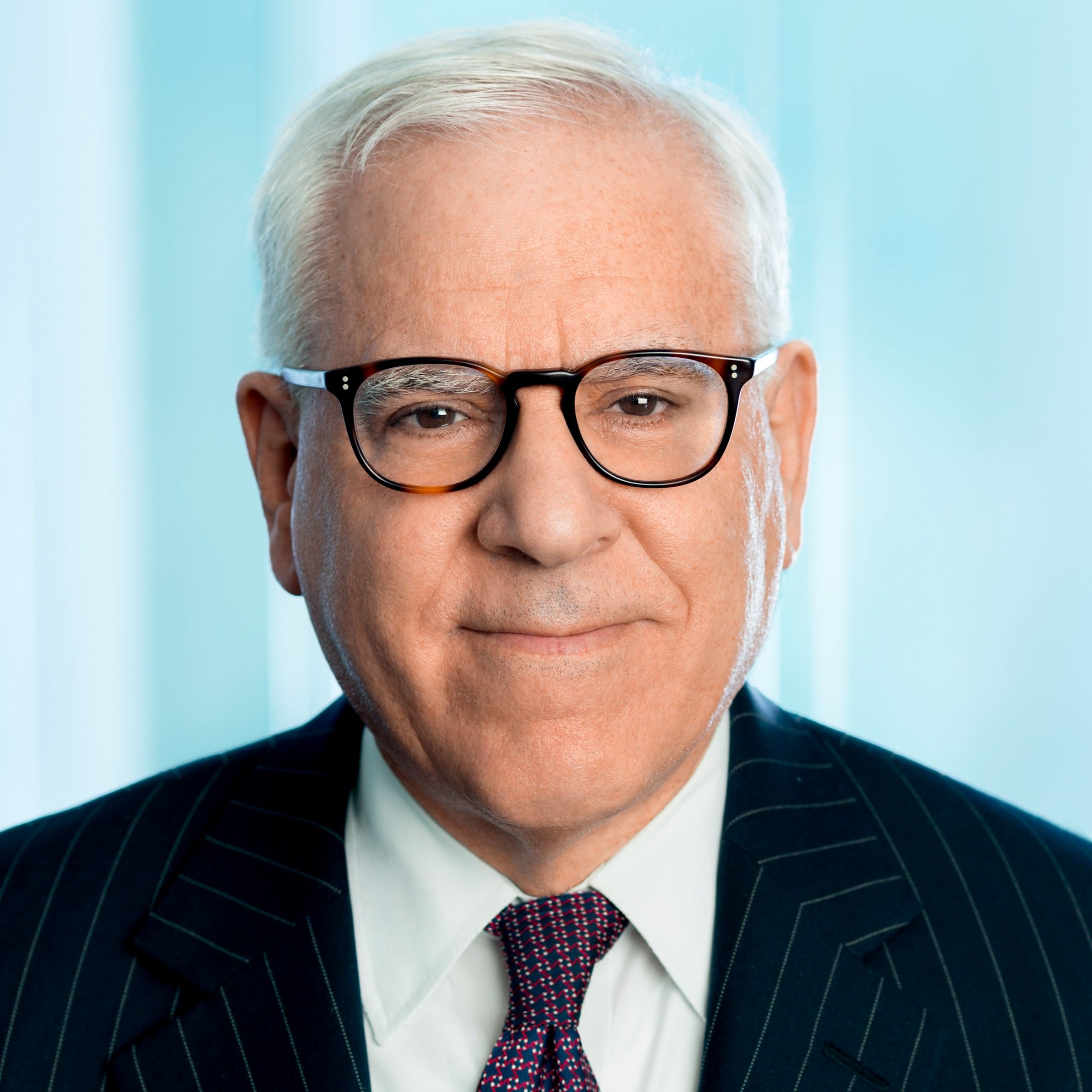
S1E44 - David Rubenstein - History Through Icons
We met with business magnate and patriotic philanthropist, David Rubenstein, to discuss his new PBS series - Iconic America. This entertaining and informative eight-part series is an exploration of our glorious and inglorious history as symbolized by eight key American icons. For students of history, our conversation illuminates some of the key stories revealed in the series, as well as some of their backstories and a little inside baseball. For fans of David Rubenstein himself, our conversation dipped into his origins, his motivations, his successes and his aspirations. Rubenstein is a believer and a beneficiary of the “American Dream,” and his philanthropy supports this country’s further perfection of the dream. Convinced that we ignored George Santayana’s advice and are making some of the same mistakes of our past, Iconic America is an enticing invitation to dig deeper and learn more. Join us.
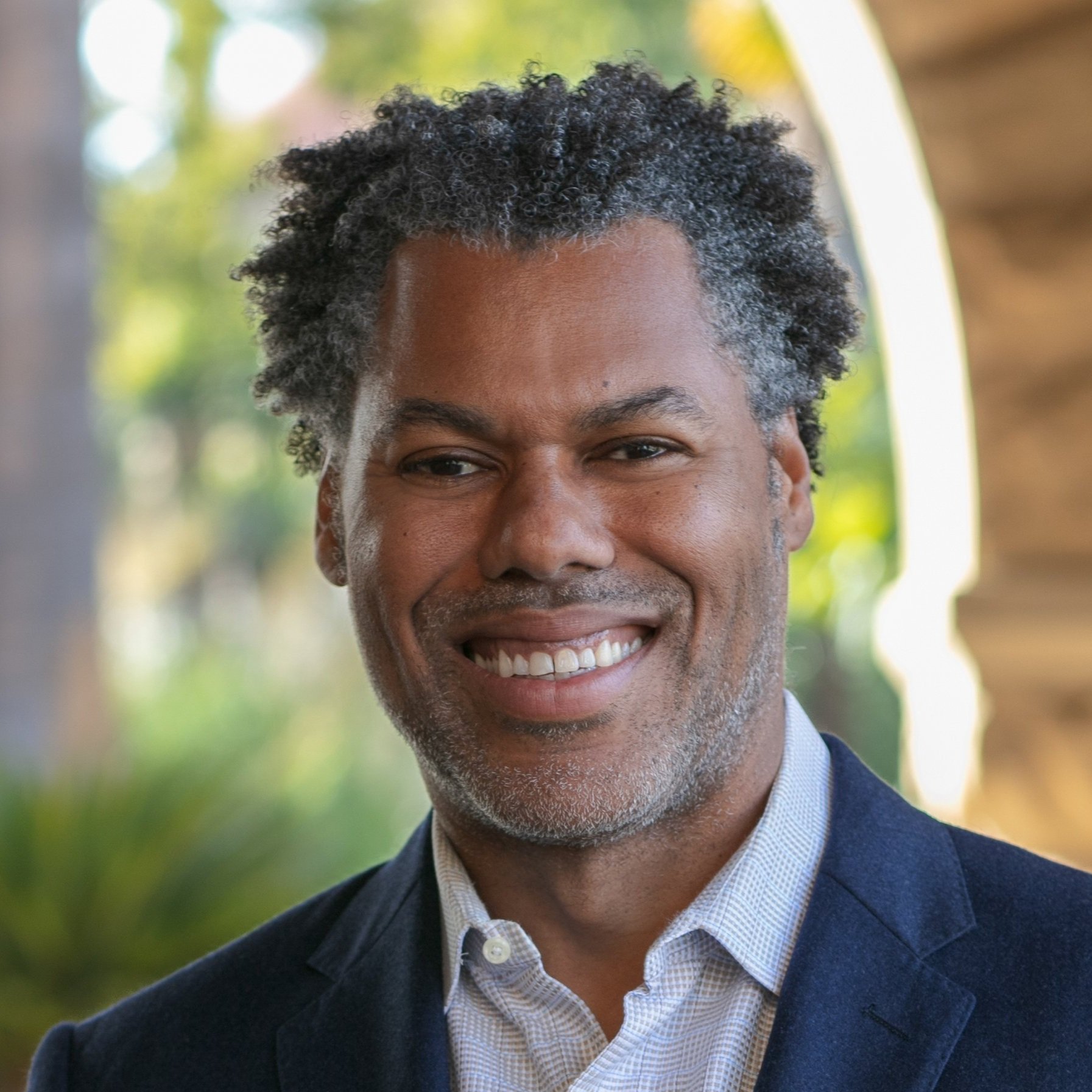
S1E43 - Brian Lowery - Your Chameleon “You”
We met with social psychologist and business school professor Brian Lowery to explore the foundations of the self - nothing short of what makes us who we are. Lowery argues that our social communities construct us, but that there isn’t a single “genuine self.” Rather, we are the composite of all the masks we wear. This paradox reveals a deep tension between the structure we seek because we like to think the world is stable and coherent, and the complete freedom of becoming our more expansive selves through broader relationships. Lowery challenges Maslow to say that meaning is a fundamental human need as critical as basic safety. We want to be seen, and we want to have what is reflected back by others match how we see ourselves. When we talk about the self, are we talking about the physical self of cells, hormones and DNA, or are we actually talking about the meaning attached to those things? If the latter, those exist in our social relationships. Prepare to question your assumptions. Join us.

S1E42 - Pamela Paul - The Creative Act of…Reading
We met with columnist, journalist, editor and author Pamela Paul for a conversation about her life of words. We spoke of her career at the New York Times, and surveyed the topics of her columns and eight books. At the outset, it seemed that our conversation would focus on writing. Paul has written extensively on numerous thought-provoking and controversial topics, and she is equally eloquent speaking extemporaneously, especially on consumer culture or on a topic from a recent column or a book she happens to be reading. As we delved into her book “How to Raise a Reader,” the questions from our audience began to flow in. By the end, we found ourselves in a deep reflection on the writer’s creative counterpart - the reader. The hour flew by, and left us with a renewed inspiration to pick up a book. Join us.
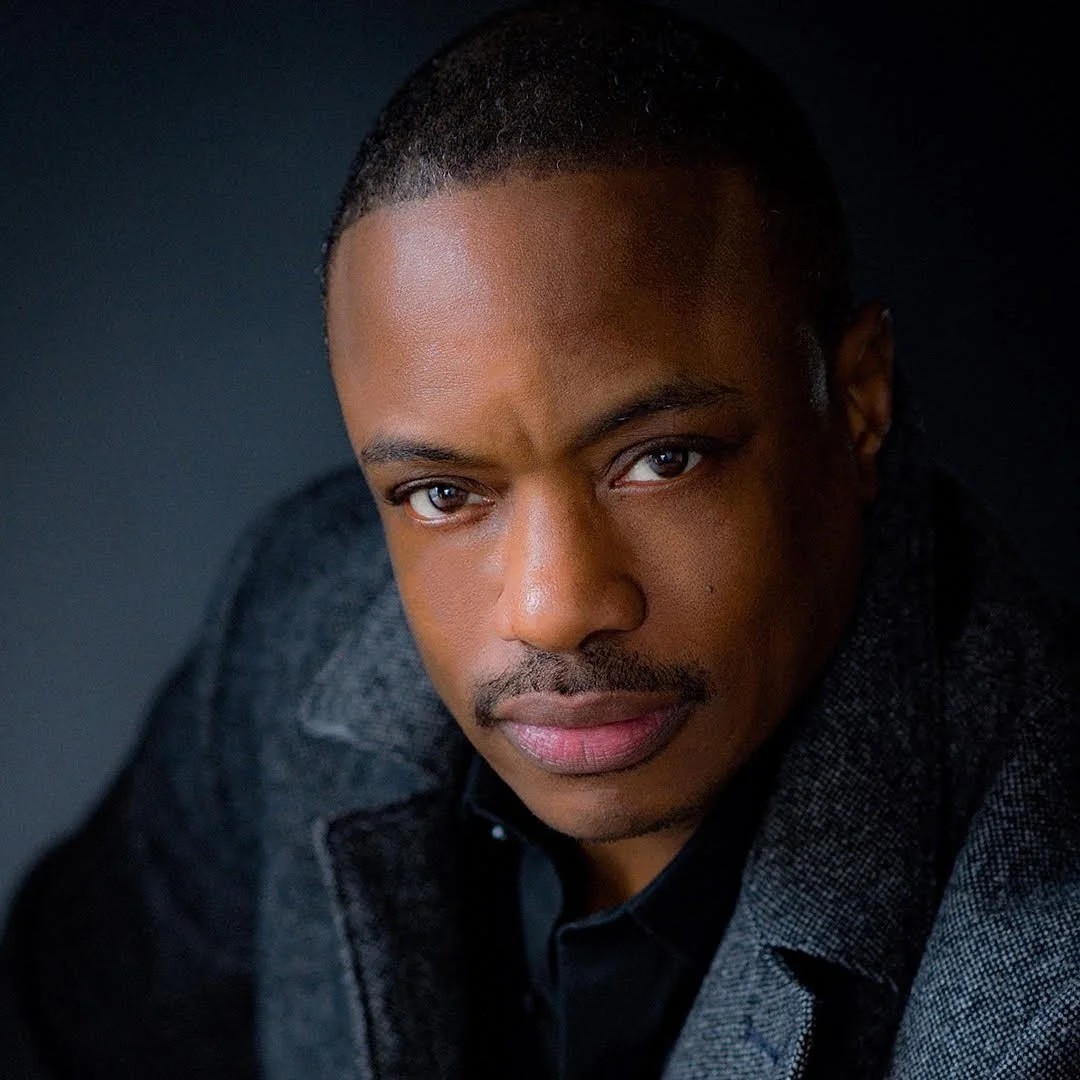
S1E41 - Frederick Van Johnson - Punishing Pixels for a Better Story
We met with photographer and podcaster Frederick Van Johnson to learn about the latest developments in photography and philosophize with him about the outsized role it plays in our evolving world. Van Johnson contends that photos like Jeff Widener’s 1989 shot of Tank Man in Tiananmen Square have always had the power to communicate immense meaning in the glance of an eye. A photo can tell a story and can change minds. Advancements in photography are expanding access to the stories that need to be told. And yet, a photo is half the capture of the image, and half the “performance” of modifying the image to tell the stories that want to be seen and heard. Can we assume that any photo today reflects the “truth?” No. But this science fiction future need not be doom and gloom if we are solving for humans and trying to make the world better for humans. AI and technology advancement is not a zero sum game. It is always changing and growing, as are we. The key is to see where things are going and press forward smartly to take advantage of the bigger “wrenches” that are now within reach. We can do more with less, and live more meaningful, human lives. Join us.

S1E40 - Peter Kramer - Fiction in an Age of Lies
We met with psychiatrist, professor emeritus and best selling author, Peter Kramer, to explore depression, antidepressants and his fiction and non-fiction body of work. His most recent novel is Death of the Great Man, a political who-done-it satire about the improbable clinical relationship between a narcissistic despot and his psychotherapist. Our conversation covered equal parts general psychiatry and book discussion. His clinical work has served and shaped Kramer’s work as a novelist. As Jennifer Egan described in an earlier Grey Matter episode, Kramer sees literature as a unique vehicle for putting ourselves into other peoples’ shoes. This is similar to the task of the psychotherapist, who seeks to assist patients by getting into their minds to spur them to self-examination. Spoiler alert - The Great Man is fashioned after Donald Trump. Among the many dimensions of the book, it wants us to think about standing behind and accepting someone who uses lying as a prime political technique. Other themes are selfishness versus selflessness, intimacy versus autonomy, death, truth, and the perils of giving way to despotism over the long term. Woven throughout the conversation is commentary on the efficacy of antidepressants and their impact on personality, depression as a multi-system disease, “retirement” when still working, psychiatrists giving advice, self-assessment, non-attachment, the Media’s portrayal of mental health, psychiatric diagnoses using bots, the fluidity of diagnoses, Freud, sidelining intellectuals, and the difficulty of “out-trumping” Trump. Join us.
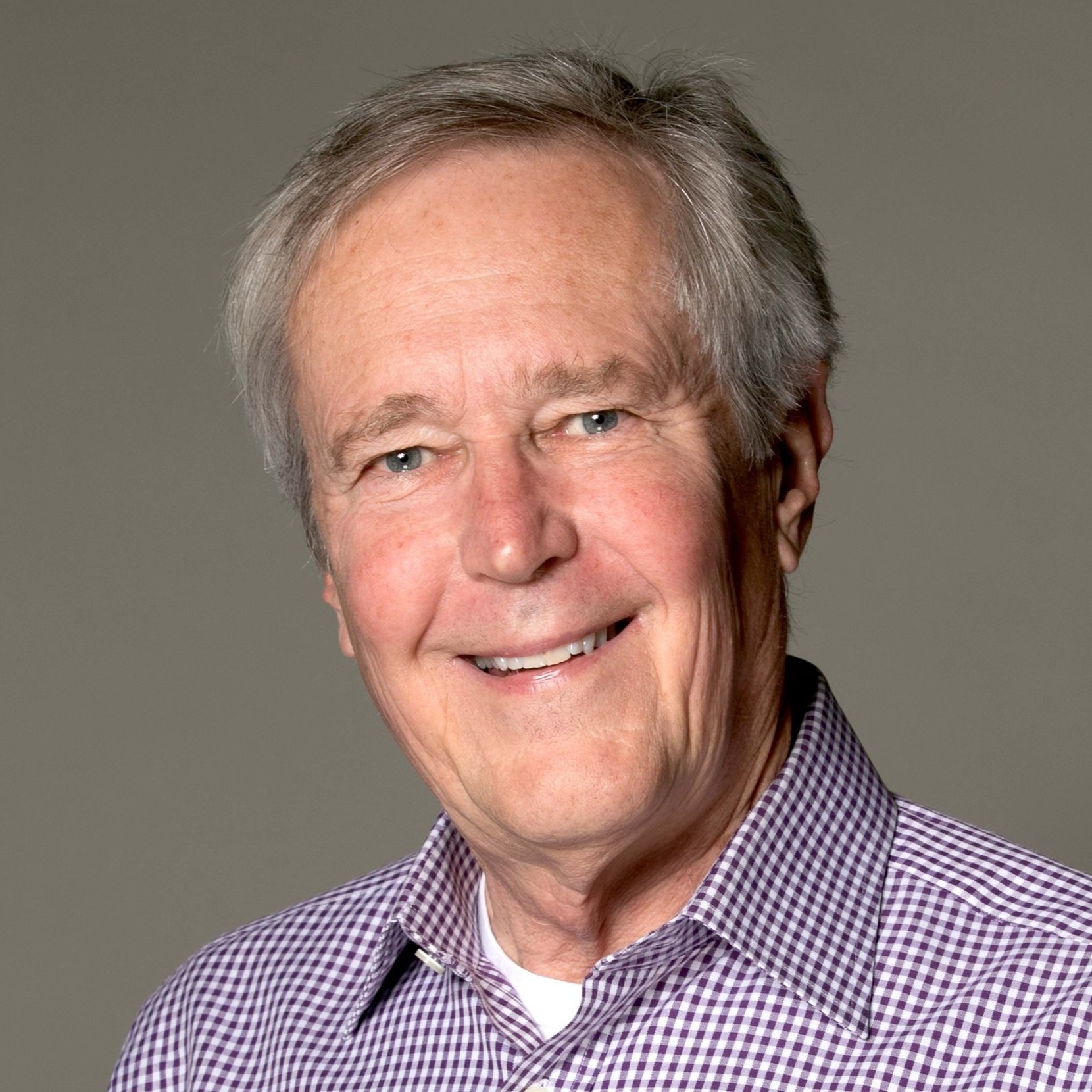
S1E39 - James Fallows - Keeping a Level Head
We met with one of the preeminent figures of American journalism, James Fallows, to discuss equal parts world affairs and the craft of journalism. Fallows brings the perspective of a lengthy and illustrious career covering a vast array of domestic and international issues, including politics, technology, Asia, aviation and hometown America, to name a few. We touch on all of these to get his perspectives on Trump’s presidency and current legal challenges, AI, social media, US/China relations, working as Carter’s speech writer, the news industry in general, and much more. A believer that “transparency is the new objectivity,” Fallows openly acknowledges upfront the aspects of his background that are potentially relevant to his views. While today there are so many things happening at a distance that alarm us, Fallows ends by reminding us that he consistently finds great resilience and possibility when he goes local to get a closer look. His observations are informative and sober, but ultimately optimistic. Join us.
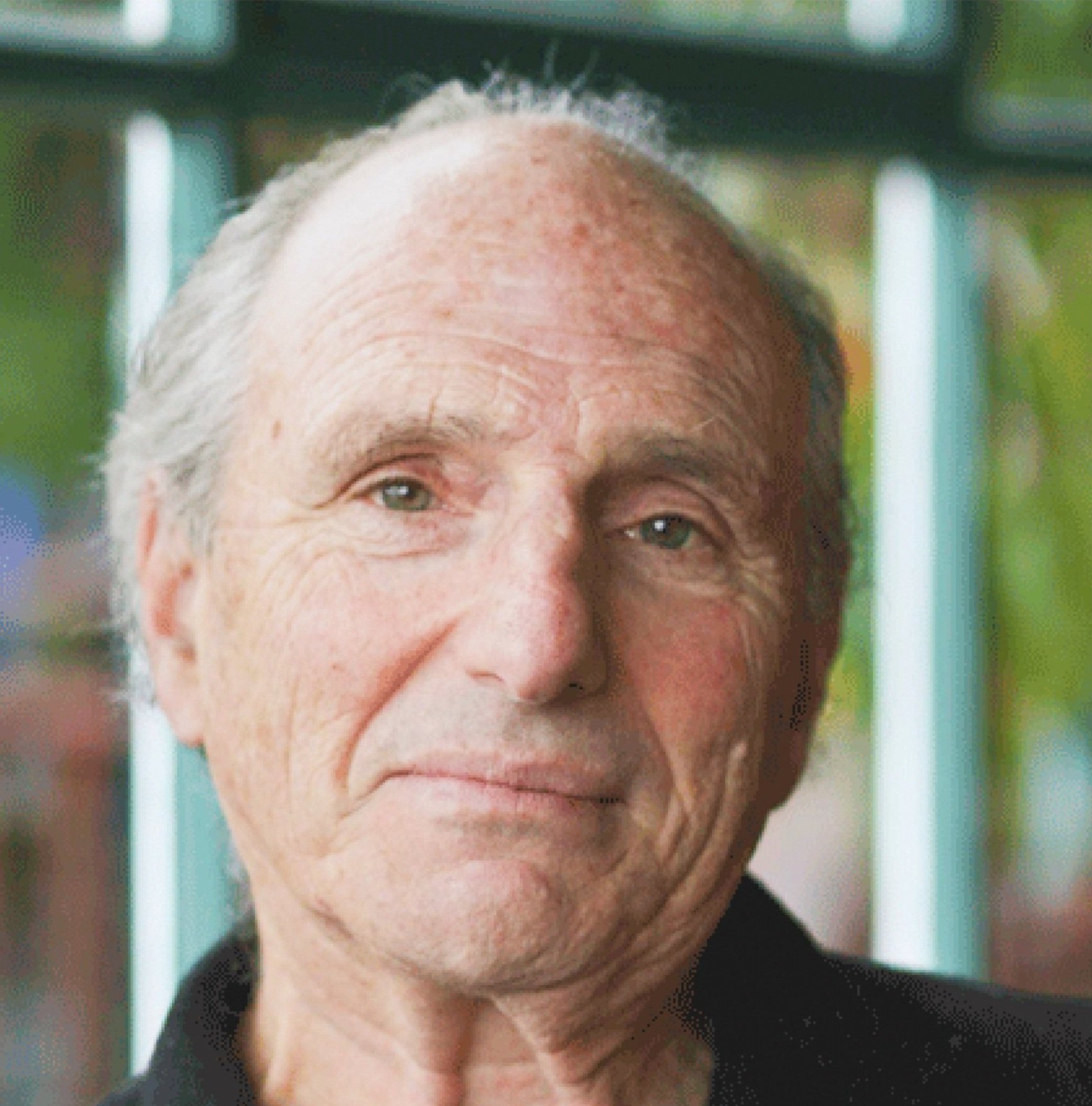
S1E38 - Ira Steinman - Coherence of the Self
[Content Warning: This episode contains descriptions of hallucination and language that might be disturbing to some audiences.]
We met with expert psychiatrist, Ira Steinman, to explore the little-understood world of schizophrenia. While this may seem like a niche topic, Steinman’s insights into the condition reveal valuable lessons for all of us. Recounting cases from his 2009 book, Treating the Untreatable, and from his clinical practice, Steinman describes how he helps his patients discover from where their symptoms arise, and how their symptoms serve them. He has then seen untreatable patients cured, and in many cases, fully freed from reliance on antipsychotic medications. Many of these recoveries are nothing short of miraculous. Steinman explains how victims of schizophrenia suffer from extreme dissociative disorder. We don’t need to suffer from the most debilitating symptoms of schizophrenia to appreciate the cautionary emphasis on the importance of bringing the self together, and cultivating a unity and coherence within ourselves. Join us.
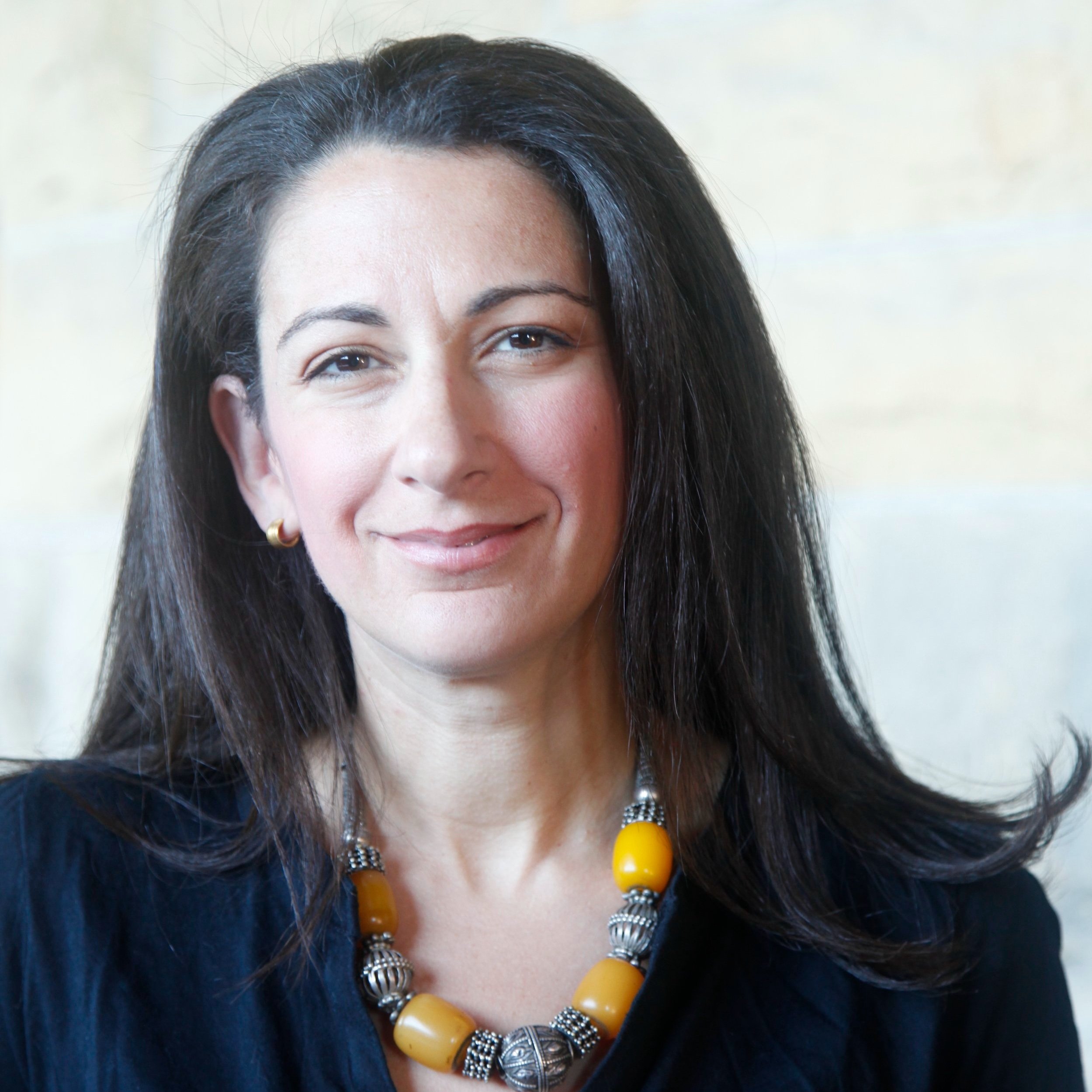
S1E37 - Janine Zacharia - Realpolitik, Media Control and Democracy’s Decline
We met with renowned Middle East correspondent and journalism lecturer, Janine Zacharia to do a round up on Middle East current events. The scorecard is sobering. We are at an inflection point. While popular attention turns to Russia and China, press freedoms across the region continue to decline. The circulation of deliberately false information is a central cause. This fuels rampant political polarization, which in turn helps autocrats win. Violence and oppression against journalists is on the rise. Our own internal political dysfunction makes coherent foreign policy nearly impossible. As America’s standing and influence in the region wanes, China (who requires no standards for human rights or press freedoms) is more than happy to fill in our vacuum. So Zacharia asks an existential question - how might we restore respect for fact-based news? This is the lifeblood of functioning democracy. There are no easy answers, but she helps us see that this one leverage point has implications for the entire globe. Join us.
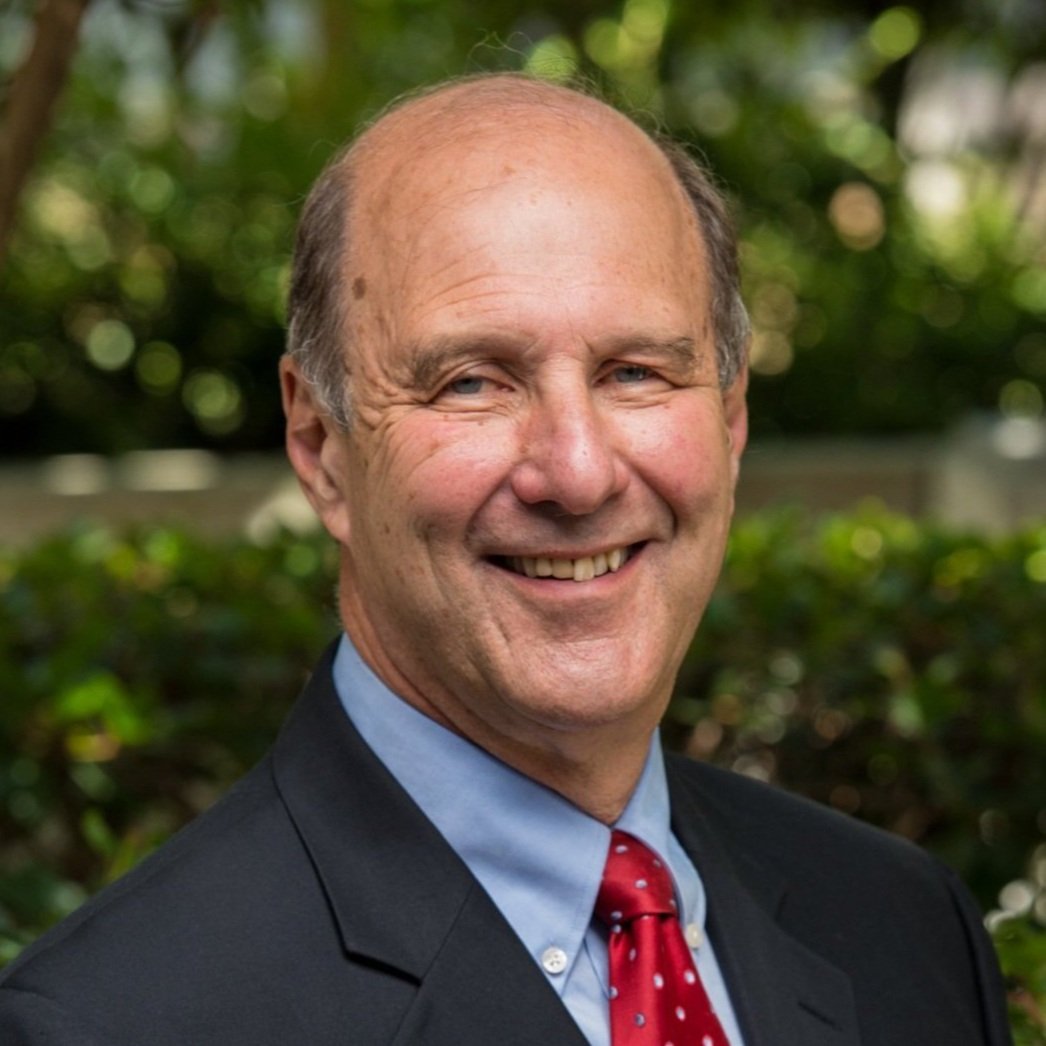
S1E36 - David Spiegel - Managing Our Minds
It seems anxiety and depression surround us, and perhaps plague us personally. To help us understand the domain of the mind, we met with pre-eminent Stanford psychiatrist and hypnosis expert, David Spiegel to explore applications of psychotherapy and self-hypnosis. Our hour of conversation proved to be an invaluable primer for everyone, whether we are currently in care, know someone who is, or might find ourselves facing anxiety and depression in the future within ourselves or within a loved one. Spiegel gave us helpful insights on approaching post-traumatic stress disorder (PTSD), anxiety, depression, emotional triggers, pain, chronic or terminal illness, and generally managing our mental states to live better lives. We briefly touched upon how his smartphone-based self-hypnosis app, REVERI, makes this healing modality accessible to anyone. Spiegel gave us cautionary advice for loved ones of a person in treatment for anxiety and depression. We also talked about the broader social aspects of psychology, including guns and mass shootings, the scapegoating of mental illness, AI, admissibility in court of hypnosis-based testimony, and much more. Join us.
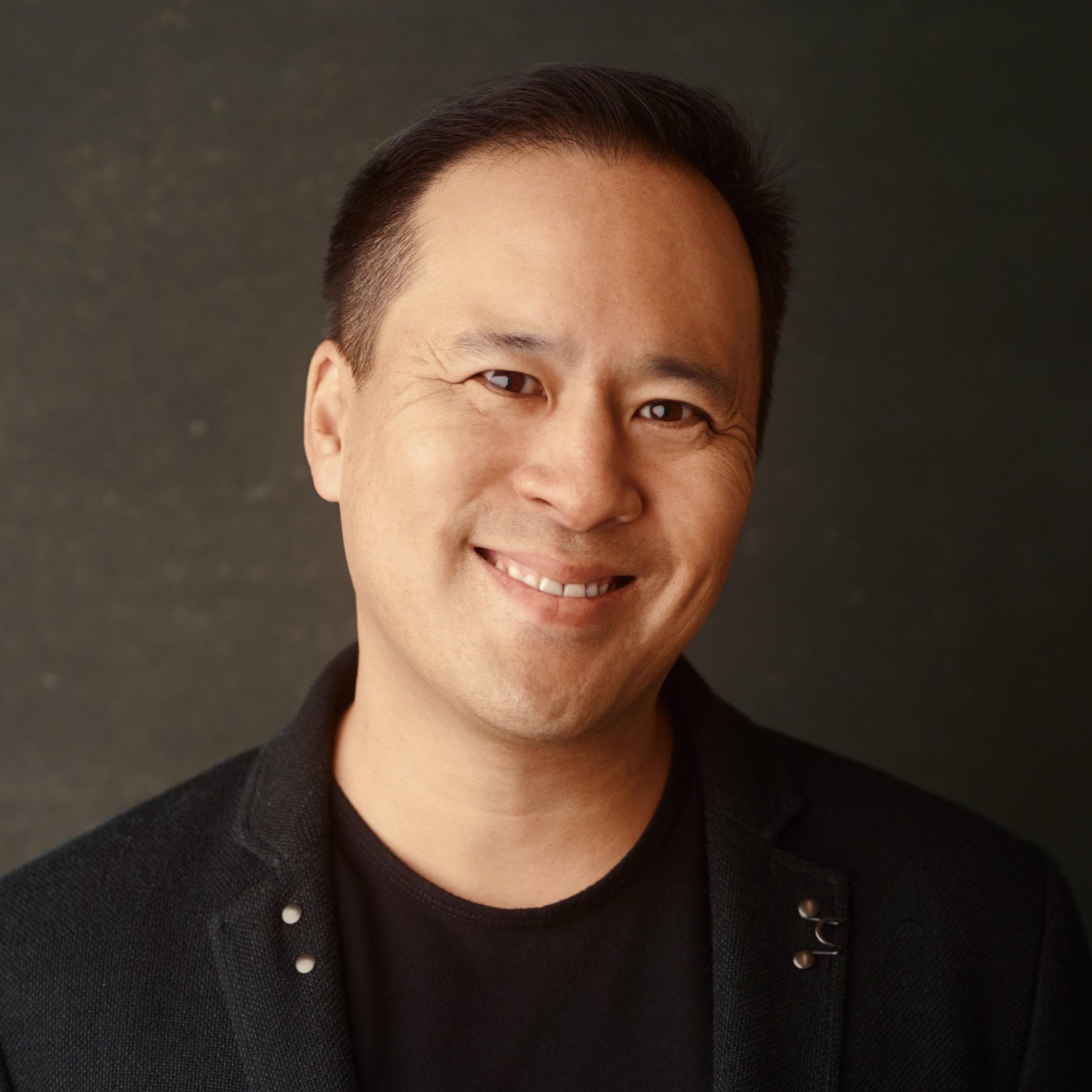
S1E35 - Jeremiah Owyang - Becoming More Human?
ChatGPT took the world, and our imaginations, by storm when it became the first consumer app to reach one million users in five days - the fastest in history. The opportunities and the threats are boundless, but we don’t know what we don’t know. We invited technology analyst Jeremiah Owyang to help us sift through the reality and the hype. Owyang minces no words when he asserts that AI will be the most consequential technology to debut in our lifetimes. The upheaval and displacement will be great, but it will also enable us to reset our relationship to work towards what is inspirational and enlightening. Will AI help us become more human? How will we protect ourselves from bad actors? How will we confirm what is true? How must society adjust? How close is AGI - Artificial General Intelligence - to becoming on par with human intelligence, and how will we know? Will our behavior change if AGI learns how to treat us by how we treat others? There’s no squeezing the genie back into the bottle. Join us for a peek of the brave new world that lies ahead.
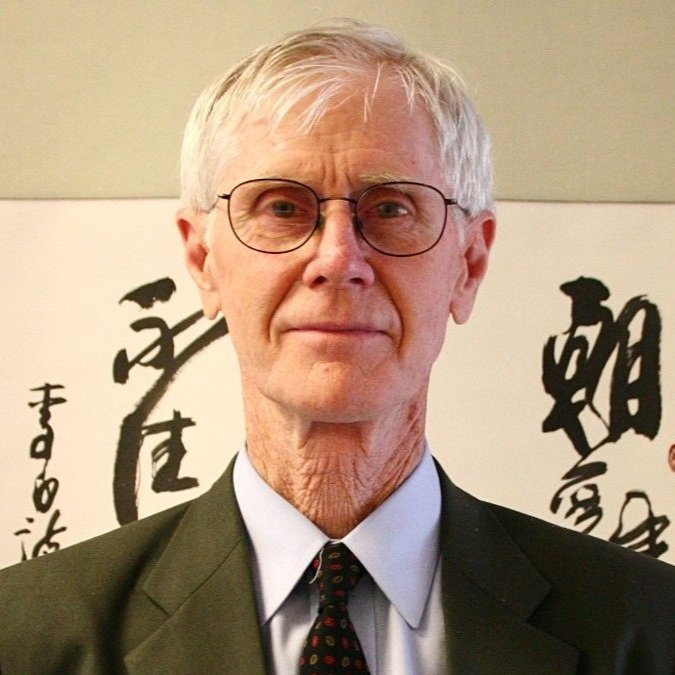
S1E34 - Orville Schell - The Enigma of Xi
It seems that China is in the news every day. To dig in deeper on this issue, we met with Orville Schell - one of the world’s foremost experts on China and US/Sino relations - to help us understand the Chinese perspective and to learn more about China’s leader, Xi Jinping. We dove deep into China’s radical successes, its challenges, its resilience, its leverage, its sense of grievance and victimization, its anti-Western diplomacy, and its troubling aspirations. It has become the strongest member of an autocratic block of nations positioned to resist liberal democracy throughout the world. Despite this worrying preeminence, we know surprisingly little about China’s enigmatic party leader, Xi Jinping. Not only is saber-rattling bad for business, actual military conflict could blow the global economy to blazes. Schell leaves us with the understanding that now is the time to conjure “Kissinger-esque” creativity, and summon new approaches to preserve the peace with Asia’s Middle Kingdom. Join us to learn more.
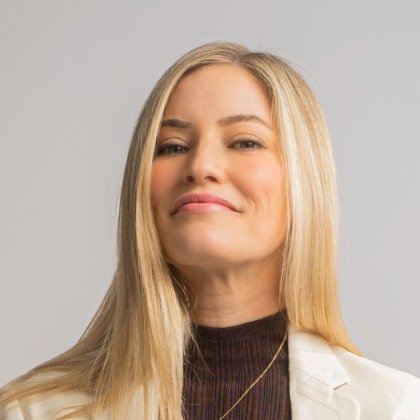
S1E33 - iJustine - The Fire and the Tao of Tech
When British novelist Robert Graves wrote “I Claudius” about the fourth Roman Emperor, he set the stage for our interview with Justine Ezarik, better known as iJustine, who is to me “The Empress of the Internet.” She is a content creator for nearly two decades who has over a billion views on her YouTube channel, and even has young fans who were not yet born when their parents started watching her. We sought to understand the personal and professional trajectory that led to her becoming such an authority on technology and an inspiration to so many. We learned that passion and balance are central themes of her life. Firstly, technology is iJustine’s first love. She observes that, “Today’s technology is so accessible that we can do really anything we want, if we have the will to do it.” This promise lights her up, and powers the fire of her hard-driving work ethic across all her varied interests. Secondly, there is balance - the Tao - the middle way between two extremes. Justine works hard, but also plays hard. She used to be very public about her life, but has now dialed that back to reclaim some of her life for herself. Consequently, she rediscovered authentic fun from what had become “fake fun.” There are troubling aspects about social media, but so too there are amazing aspects that grace those who can strike the balance and curate their consumption carefully. The same goes for Artificial Intelligence (AI) - there are negative uses while at the same time there are wondrous uses. She cautions against becoming too alarmist. Seeking to avoid labels, stay positive, channel creativity, champion access and maintain balance, iJustine - The Empress of the Internet - shows the way. Join us to learn how she does it all.
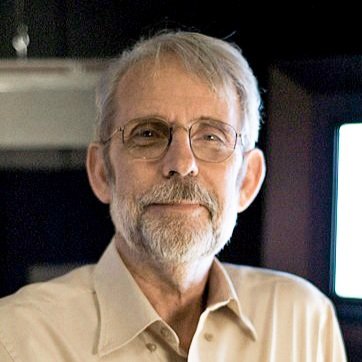
S1E32 - Walter Murch - Nibbling into a Delicious Movie
In this episode we journey with one of the pre-eminent film editors of the last half century, Walter Murch, through tales of his career as an editor and sound designer. His film credits are impressive, including an Oscar for Apocalypse Now, and numerous other iconic films including the Godfather franchise and American Graffiti. Murch’s reflections shed light on how an editor makes sense of the footage a director shoots and renders a “delicious” product, much like a chef whipping up a scrumptious meal from whatever comes home from the hunt, be it mastodon or mouse. Get the Cliff Notes on his Rule of Six, and hear about the recently released sleeper documentary, Coup 53, that illuminates the CIA-organized coup to install the Shah of Iran and set the stage for today’s geopolitics. Film aficionados will relish Murch’s recollections and inside baseball on his many movie credits. Film students will glean valuable guidance on the craft of movie making, collaboration with the director, and creativity in general. Everyone will find inspiration from Murch’s curious mind and “polymathic” abilities. Lucky for us that he had a knack for sounds, a passion for tape recorders, and a love of story. Had he not, we might have lost him to the ocean floor or quantum mechanics. Join us for a delightful hour of movie history and history in-the-making.

S1E31 - Michael Ellis - The Miracle of It All
Join us for a globetrotting “memory lane” walk-a-bout through naturalist Michael Ellis’s countless national and international adventures. These recounted travels feature spectacular natural highlights, present challenging ethical quandaries, and inspire deep metaphorical reflection on our lives in general. Ellis’ favorite international destinations are the Serengeti - birthplace of humanity, the gorillas of Rwanda, Bhutan, Namibia, the South Georgia Islands, the sharks of Palau, the jaguars of the Pantanal and the ecosystem diversity of Brazil’s Mato Grosso. Closer to home, The Cedars in Sonoma County, mountain biking through Canyonlands or Santa Rosa, the whales off the California coast, chipmunk biodiversity in the Sierras, the simultaneous macro and micro expansiveness of the Mojave desert, and the sanctum of the redwoods. Contained within are the largest, oldest and most exotic lifeforms imaginable. How do we ethically appreciate these miracles? Ellis points out that we can love these places to death, smothering them with too much tourism or generating excess carbon in our travel. At the same time, tourism provides the strongest economic incentive for local peoples to protect their natural treasures, without which habitat becomes farmland and bushmeat becomes dinner. There are no easy answers. The majesty of the natural world invites us to release our expectations, be here now, and pause to be amazed by the miracle of it all.



